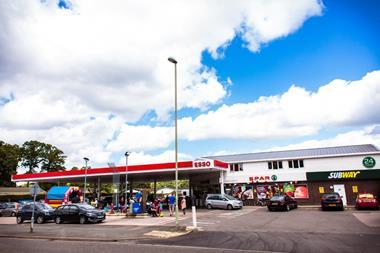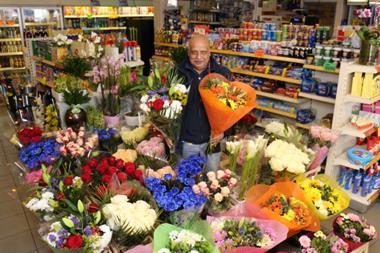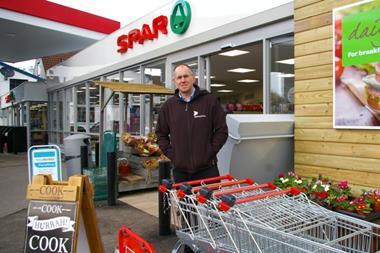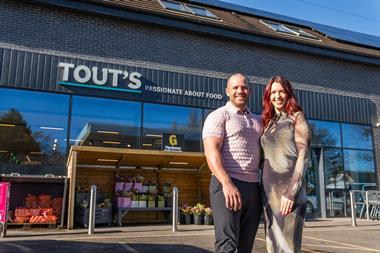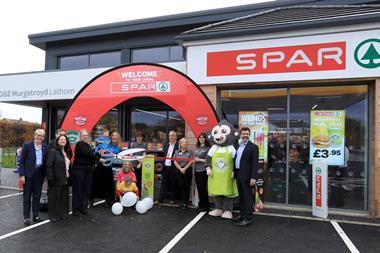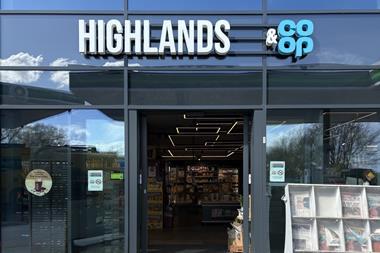Independent forecourts 'able to absorb' devaluing pound

The growing sophistication of independent petrol forecourt convenience stores is helping them claw back margin from squeezed fuel at the pumps, the Petrol Retailers Association (PRA) has claimed.
ALREADY HAVE A REGISTERED USER ACCOUNT? PLEASE LOG IN HERE
To read the full story join the ConvenienceStore.co.uk community today!
Registration is quick and easy and provides access to:
- Unlimited ConvenienceStore.co.uk articles
- Our great range of newsletters
- Content you’ve saved for later via the ‘my library’ feature
And much more…




















